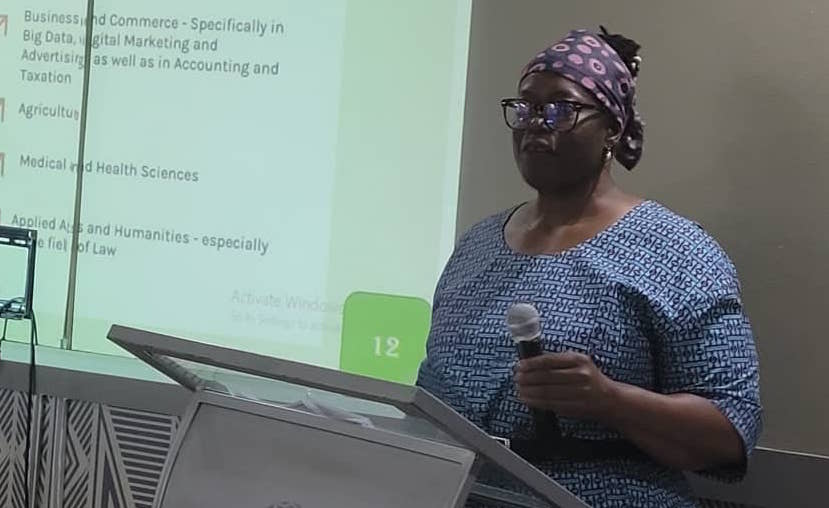|
Getting your Trinity Audio player ready...
|
Tourism, as one of the sectors that offers a wide range of products and services, requires human capital development but it has been compromised by skills flight.
This was revealed on the fourth day of the stakeholder engagement workshop spearheaded by the Ministry of Skills Audit and Development in Harare on Thursday when it engaged players under the Ministry of Tourism and Hospitality Industry. The consultation workshop was meant to understand the skills landscape and identify gaps in the sector.
“Tourism is one of the sectors that offers a wide range of products and services hence the issue of human capital development is critical. The sector was heavily affected during the COVID-19 pandemic. As a result, we witnessed a decrease in tourism performance, low businesses, downsizing the staff, and even closure of some facilities. Hence there was a movement of skills in one way or another and this has to be addressed,” said Mr. Paul Matamisa, the Director of the Tourism Business Council of Zimbabwe.
The Government has been urged for its efforts to improve skills in the tourism sector. There is a full-fledged Ministry responsible for Skills. Thus the Ministry of Skills Audit and Development.
Many universities and colleges are offering tourism programmes. These include the University of Zimbabwe (UZ), the Midlands State University (MSU), Chinhoyi University of Technology (CUT), Lupane State University (LSU), and Great Zimbabwe University (GZU).
There are also scholarships in the field of Tourism. The government also engages cooperating partners like the World Bank and JICA Tourism Academy. There is also the ZTA Training and Standards Department that trains tourism players.
Participants bemoaned the skills gap in the tourism sector, that is, the difference between the skills that employers need and the skills that employees possess.
There is a need for employees who speak international languages like French, Chinese, Portuguese, and Spanish. Digital literacy and fluency are also important, especially with the increasing use of technology, digital literacy will be vital in every job.
The government was urged to include human capital development in all government policies.
“There is a need to offer just-in-time resources that offer skills development as they appreciate learning the job. For instance, after completing training one can access resources related to their field and learn how to solve real-world problems,” said Catherine Masunda, the Director of Women in Tourism in Zimbabwe.
Ambassador Rudo Chitiga, the Permanent Secretary for the Ministry of Skills Audit and Development said the government is working on addressing challenges causing skills flight.
She said there should be coordination between learning institutions and industry to address the mismatch between theory and practice.
From group discussions, there were recommendations for the government to come up with a skills development policy and promote skills exchange programmes.






